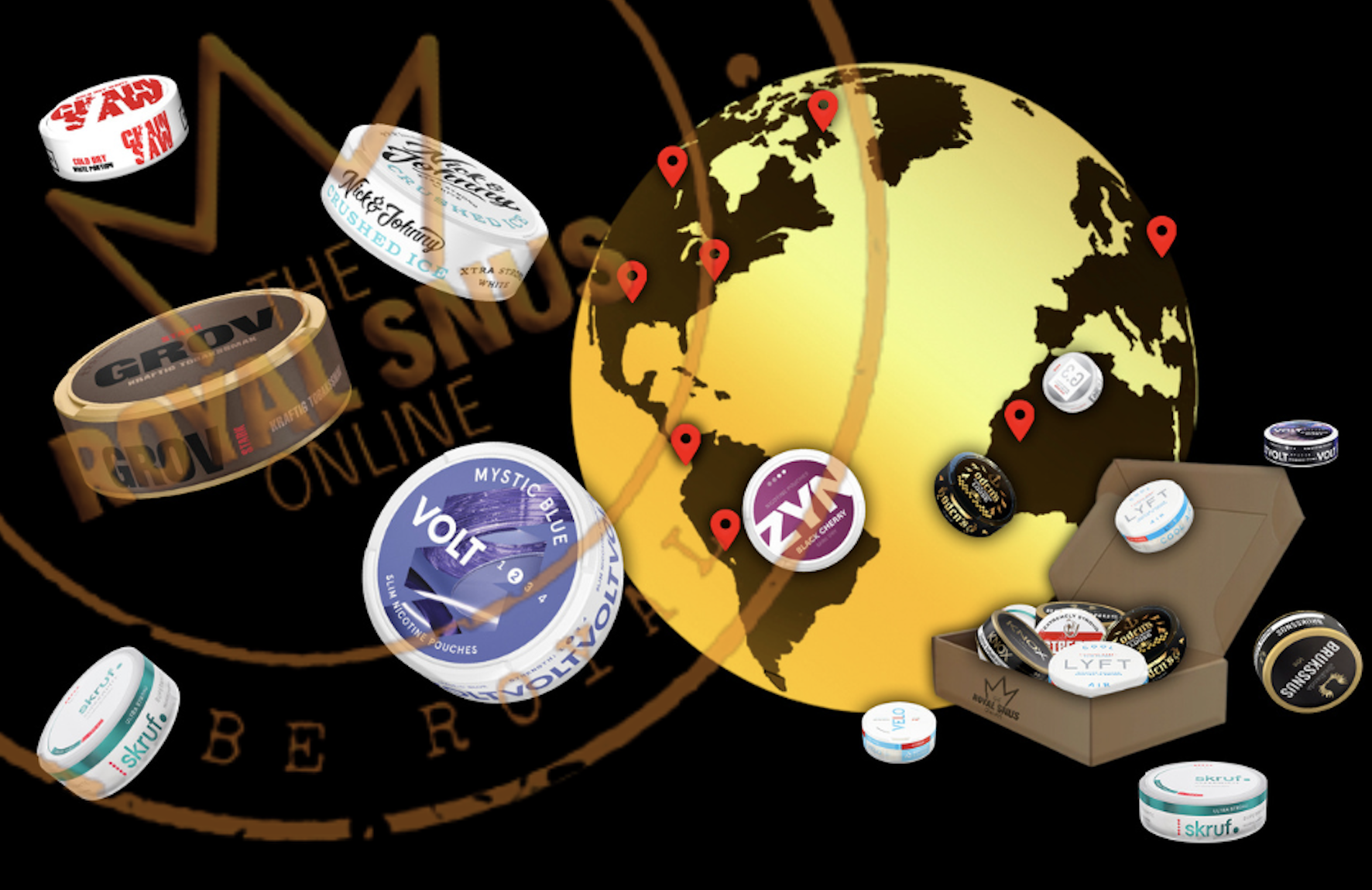The Art and Science of Music Lessons: A Comprehensive Guide
Introduction to Music Education
Music, an integral part of human culture, has been evolving since time immemorial. Its significance transcends boundaries, connecting people across cultures, languages, and generations. Music education plays a pivotal role in nurturing this universal language, offering individuals the opportunity to explore their creativity, express emotions, and develop a deep appreciation for the intricacies of sound. In this guide, we delve into the world of music lessons, exploring their benefits, methodologies, and diverse approaches.
Part 1: Understanding Music Education
The Importance of Music Education
Music education encompasses a broad spectrum of learning experiences, ranging from formal instruction in schools to private lessons and community programs. Its significance extends beyond mere skill acquisition; it fosters cognitive development, emotional intelligence, and social cohesion. Research indicates that exposure to music enhances academic performance, language development, and spatial reasoning skills. Moreover, it cultivates discipline, perseverance, and teamwork, qualities essential for success in various facets of life.
The Role of Music Teachers
Central to the success of music education are competent and dedicated music teachers. These educators possess not only musical proficiency but also the ability to inspire, motivate, and adapt their teaching methods to meet the unique needs of each student. They serve as mentors, guides, and role models, nurturing a passion for music and instilling a lifelong love of learning. Effective music teachers employ a diverse range of pedagogical approaches, incorporating elements of theory, technique, and performance to provide comprehensive instruction.
Part 2: Pedagogical Approaches in Music Education
Traditional Methods vs. Contemporary Approaches
Historically, music education has been rooted in traditional pedagogical methods, emphasizing rote learning, sight-reading, and mastery of classical repertoire. While these approaches remain relevant, contemporary music education has witnessed a shift towards more inclusive and student-centered methodologies. These innovative approaches prioritize creativity, improvisation, and collaboration, reflecting the diverse musical interests and preferences of today’s learners. Incorporating elements of popular music, technology, and multicultural perspectives, modern music education aims to engage students actively in the learning process, fostering a deeper connection to music and its cultural significance.
Suzuki Method: Learning through Listening
Developed by Japanese violinist Shinichi Suzuki, the Suzuki method revolutionized music education by emphasizing early exposure to music and the importance of the learning environment. Central to this approach is the concept of “mother-tongue” learning, wherein students absorb music through listening, imitation, and repetition, akin to acquiring language skills. The Suzuki method advocates for a nurturing and supportive atmosphere, wherein parents play an active role in their child’s musical development. By fostering a positive learning environment and cultivating a sense of joy and confidence, this approach empowers students to become proficient musicians while nurturing their overall growth and well-being.
Orff Schulwerk: Music as Play
Originating from the teachings of German composer Carl Orff, the Orff Schulwerk approach emphasizes creativity, improvisation, and experiential learning. Rooted in the belief that every individual possesses innate musical abilities, this approach encourages active participation through singing, movement, and the use of percussion instruments. By integrating elements of speech, rhythm, and movement, Orff Schulwerk provides students with a holistic musical experience that fosters expression, imagination, and cultural awareness. Embracing the principles of exploration and discovery, this approach celebrates diversity and encourages students to engage with music in a meaningful and authentic manner.
Part 3: The Benefits of Music Lessons
Cognitive Development
Music lessons stimulate various cognitive functions, including memory, attention, and executive functioning. Learning to read music notation, decipher rhythms, and coordinate motor skills enhances neural connectivity and promotes brain plasticity. Moreover, engaging in musical activities such as improvisation and composition fosters creativity and problem-solving skills, enabling students to think critically and express themselves fluently.
Emotional Expression
Music serves as a powerful medium for emotional expression, allowing individuals to convey feelings of joy, sadness, or nostalgia through melody, harmony, and rhythm. Music lessons provide students with the tools and techniques to articulate their emotions effectively, whether through performance, interpretation, or composition. By connecting with the inherent emotional content of music, students develop empathy, self-awareness, and resilience, enriching their emotional intelligence and overall well-being.
Social Engagement
Participating in music lessons fosters social interaction, collaboration, and a sense of belonging. Whether through ensemble playing, group rehearsals, or community performances, students learn to communicate, cooperate, and empathize with others. Music transcends cultural barriers and promotes cultural exchange, fostering mutual respect and understanding among individuals from diverse backgrounds. By cultivating a sense of community and shared purpose, music lessons encourage teamwork and camaraderie, enriching students’ social skills and interpersonal relationships.
Part 4: Choosing the Right Music Lessons
Identifying Learning Objectives
Before embarking on a music education journey, it is essential to clarify your learning objectives and musical aspirations. Whether you seek to develop technical proficiency, explore a specific genre, or simply enjoy the process of making music, articulating your goals will guide your decision-making process and inform your choice of instructor, curriculum, and learning environment.
Finding the Right Instructor
Central to the success of music lessons is the relationship between student and instructor. When selecting a music teacher, consider factors such as qualifications, teaching style, and compatibility with your learning preferences. A competent music teacher should possess a solid foundation in music theory, pedagogy, and performance, as well as the ability to inspire and motivate students of all ages and skill levels. Additionally, seek recommendations from peers, read reviews, and schedule introductory lessons to assess the instructor’s teaching approach and communication style.
Exploring Different Learning Formats
Music lessons are offered in various formats, including private instruction, group classes, and online platforms. Each format offers unique advantages and challenges, depending on your individual learning style, schedule, and budget. Private lessons provide personalized attention and tailored instruction, allowing for focused skill development and progress tracking. Group classes foster collaboration, peer support, and a sense of community, while online platforms offer convenience, flexibility, and access to a global network of instructors and resources.
Conclusion: Embracing the Journey of Music Education
In conclusion, music lessons offer a transformative journey of self-discovery, creativity, and personal growth. Whether you aspire to become a professional musician or simply wish to cultivate a lifelong passion for music, the benefits of music education are undeniable. By embracing diverse pedagogical approaches, nurturing a supportive learning environment, and fostering a deep appreciation for the art and science of music, students embark on a journey of exploration and enrichment that transcends boundaries and enriches lives.
Through dedication, perseverance, and a commitment to excellence, music lessons empower individuals to unlock their full potential and share the gift of music with the world. As we embark on this exhilarating odyssey of musical discovery, let us embrace the challenges, celebrate the triumphs, and savor the joy of making music together. For in the harmonious tapestry of sound, we find solace, inspiration, and the eternal promise of creativity unleashed.





